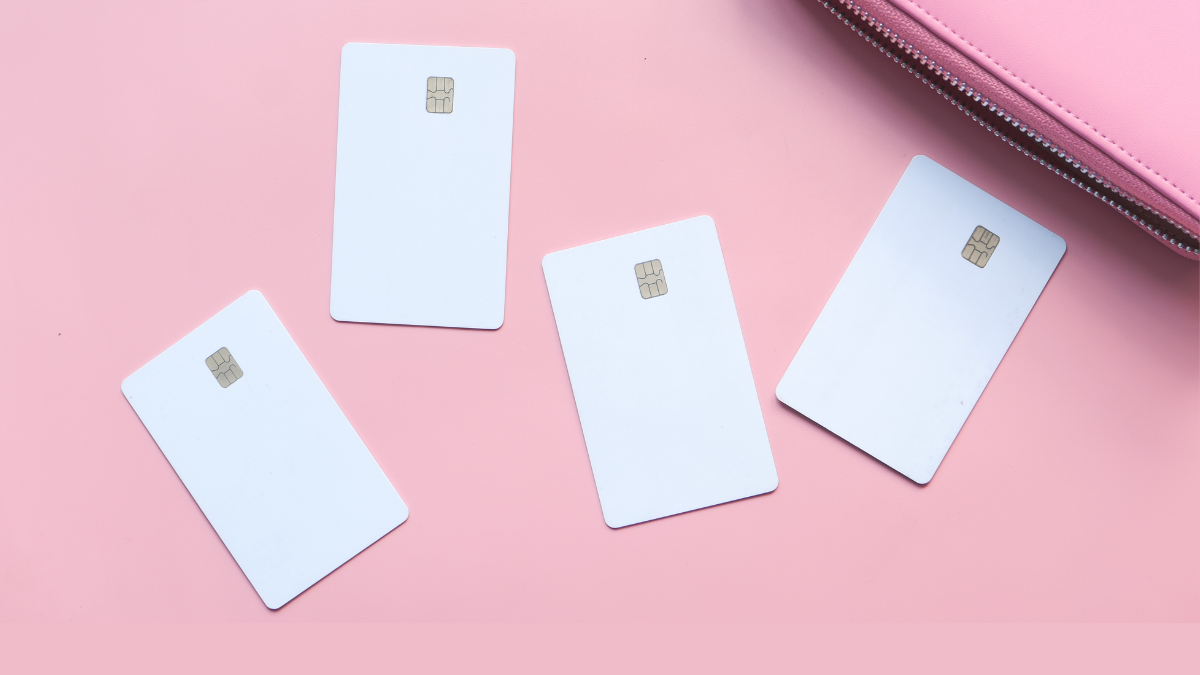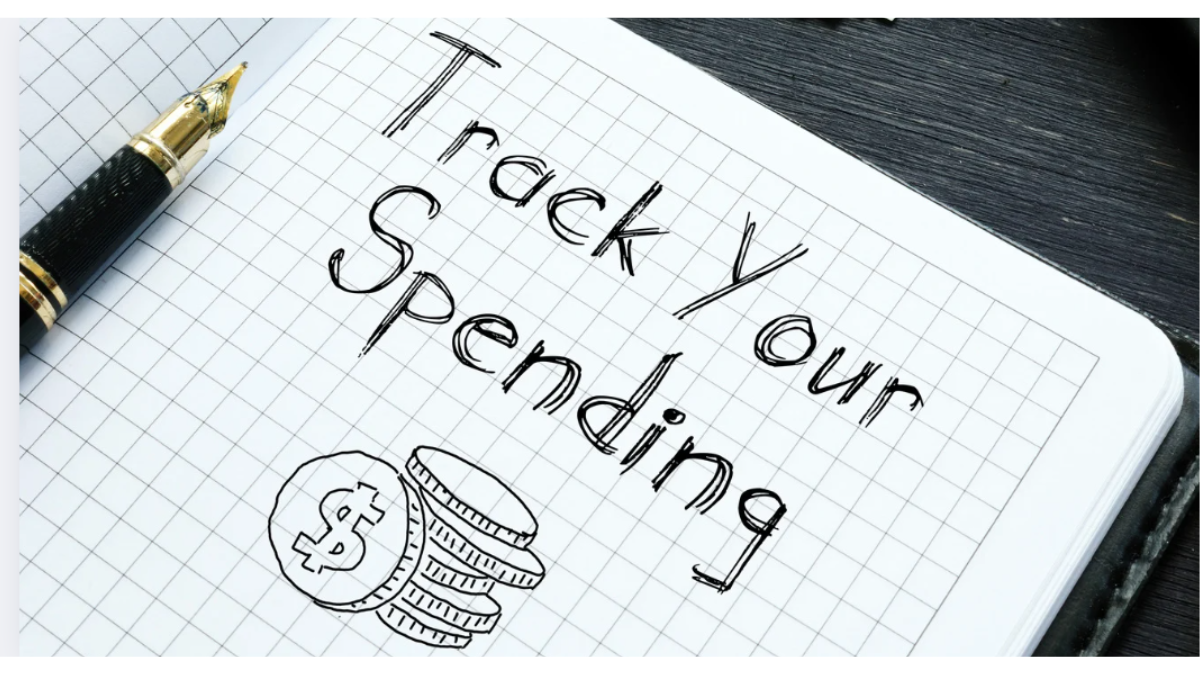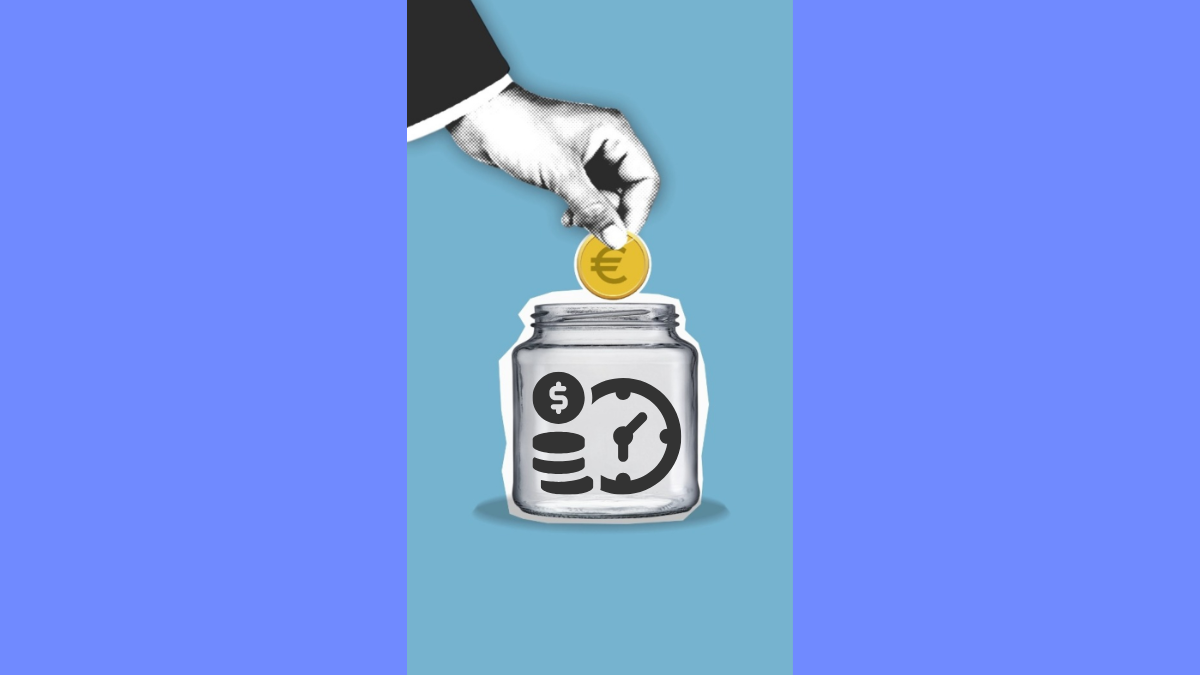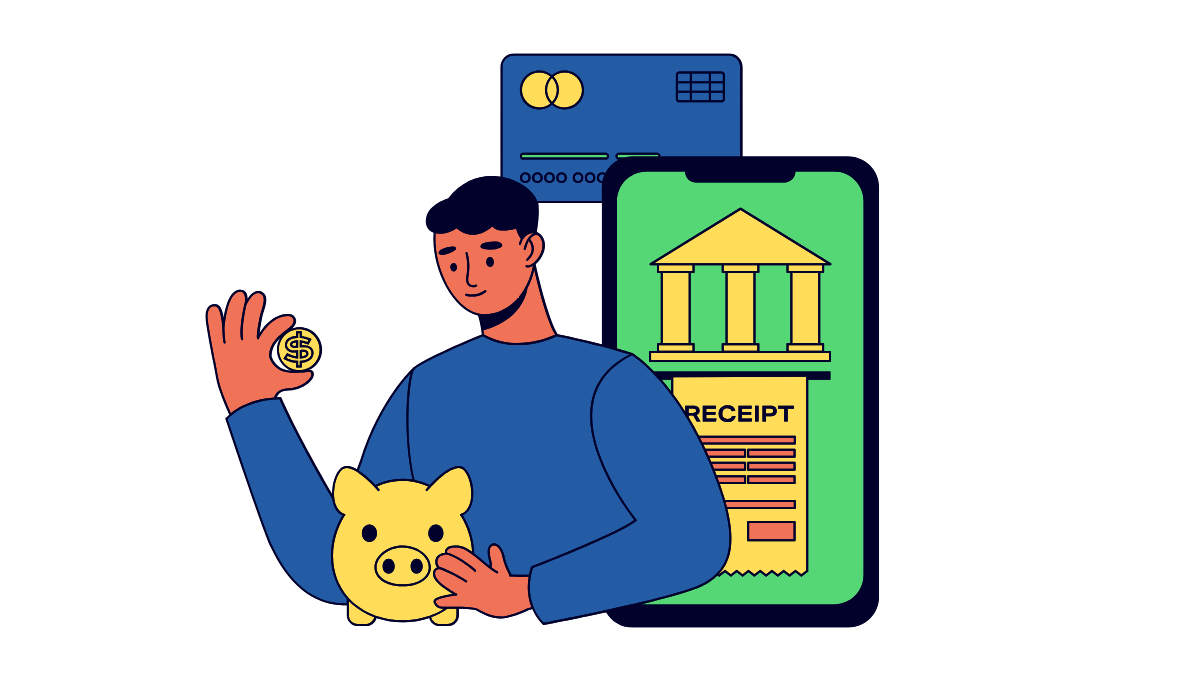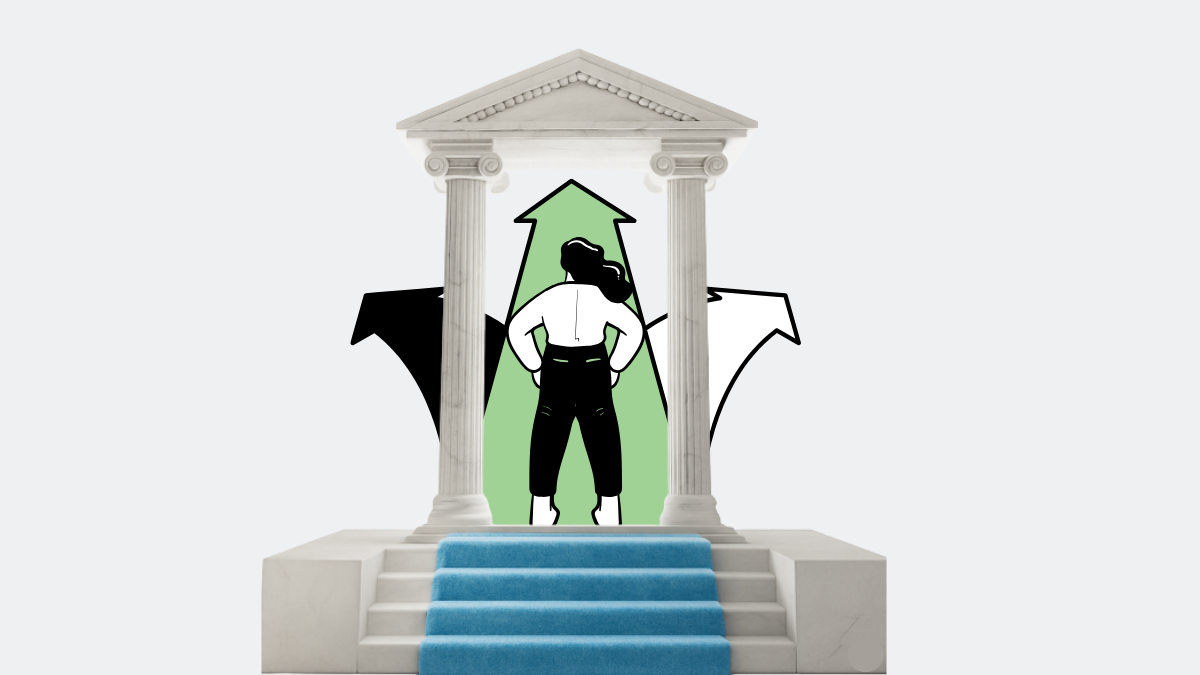Why Building Credit Matters Early
If you’ve never had a credit card, loan, or account reported to the credit bureaus, you have something called a “thin file” — meaning little to no credit history. While it’s not the same as bad credit, it can still hold you back.
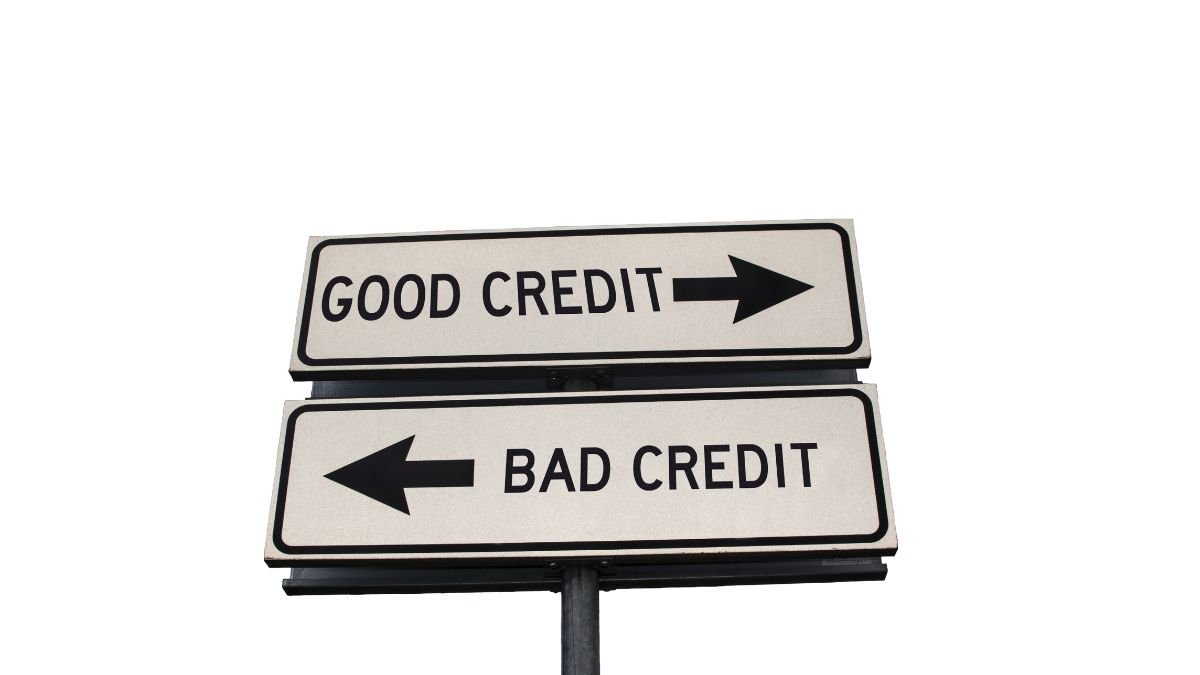 Here’s why building credit early is so important:
Here’s why building credit early is so important:
- Loan Access: Without a credit history, getting approved for car loans, mortgages, or even a small personal loan can be difficult.
- Lower Costs: A good credit score saves you money by unlocking lower interest rates. For example, a 1% difference in a mortgage rate can cost (or save) you tens of thousands over 30 years.
- Housing & Jobs: Landlords often check credit before renting, and some employers (especially in finance) review credit reports as part of background checks.
- Financial Flexibility: A strong score opens doors to credit cards, better financing offers, and emergency credit if you ever need it.
Common Credit-Building Myths
When people start thinking about building credit, they often hear advice that sounds convincing but can actually do more harm than good. Let’s clear up some of the biggest myths.
Myth 1: You need a credit card to build credit.Not true. While credit cards are a common tool, you can also build credit through credit-builder loans, rent-reporting services, or becoming an authorized user. Many people establish strong credit without ever swiping a card at first.
Myth 2: Carrying a balance improves your score.This is one of the most damaging myths. Carrying a balance means you’re paying interest unnecessarily. Credit bureaus care about on-time payments and low utilization, not whether you owe money month to month.
Myth 3: Checking your credit score hurts it.Only “hard inquiries” (like applying for a loan) affect your score. Checking your own score is considered a soft inquiry and has no impact. In fact, regularly checking can help you stay on top of mistakes or fraud.
Myth 4: You need a high income to build credit.Credit scores aren’t based on income. You could make $40,000 or $400,000 a year — what matters is how you manage your accounts (payments, balances, history).
Why This Matters for Beginners
Believing these myths can slow you down or cost you money. For instance, someone who “carries a balance” to improve their score could spend hundreds in interest each year with zero benefit. By avoiding these traps, you’ll build a clean, strong credit history much faster.
Credit-Building With and Without a Credit Card
 There are two main paths to building credit: with a credit card and without one. Both work, but the best choice depends on your situation and comfort level.
There are two main paths to building credit: with a credit card and without one. Both work, but the best choice depends on your situation and comfort level.
Building Credit With a Card:
- Secured Credit Cards: These require a refundable deposit (usually $200–$500) that becomes your credit limit. Use the card for small purchases and pay in full each month to prove reliability.
- Student Credit Cards: Designed for those new to credit, often with lower requirements and perks like cash back on everyday spending.
- Starter Unsecured Cards: Some banks approve entry-level cards with no deposit, but usually with low limits.
Building Credit Without a Card:
- Credit-Builder Loans: A small loan where payments are reported to the bureaus, but the money is held until you finish repaying. Think of it as a forced savings plan that builds credit.
- Rent Reporting Services: Tools like Experian Boost or third-party apps can report on-time rent payments to credit bureaus.
- Utility & Phone Bill Reporting: Some services let you add your monthly bills to your credit file.
- Authorized User Strategy: Being added to a trusted family member’s or friend’s card allows their positive history to appear on your report.
Secured Credit Cards — A Safe First Step
For many beginners, a secured credit card is the simplest and most effective way to start building credit. Unlike traditional credit cards, these require a refundable deposit that acts as collateral.
How They Work
- You place a deposit (usually $200–$500).
- That deposit becomes your credit limit.
- Use the card for purchases and pay it off monthly, just like a regular card.
- The issuer reports your activity to the credit bureaus, building your credit history.
Advantages
- Easy Approval: Even with no history, most banks approve secured cards.
- Safety Net: Since your limit is tied to your deposit, you’re less likely to overspend.
- Path to Upgrade: Many issuers allow you to “graduate” to an unsecured card within 6–12 months of responsible use.
Things to Watch Out For
- Fees: Some secured cards charge high annual fees. Look for low-cost options.
- Deposit Tied Up: Your deposit is locked until you close or upgrade the card.
- Low Credit Limit: Small limits require extra discipline to keep utilization low.
Imagine you get a secured card with a $300 limit. You use it for gas each month ($90) and pay it off in full before the due date. Over time, your responsible usage builds a solid foundation — often enough to move into an unsecured card within a year.
Using Credit-Builder Loans
If you don’t want (or can’t get) a credit card, credit-builder loans are a powerful alternative. These small loans are specifically designed to help people establish credit history.
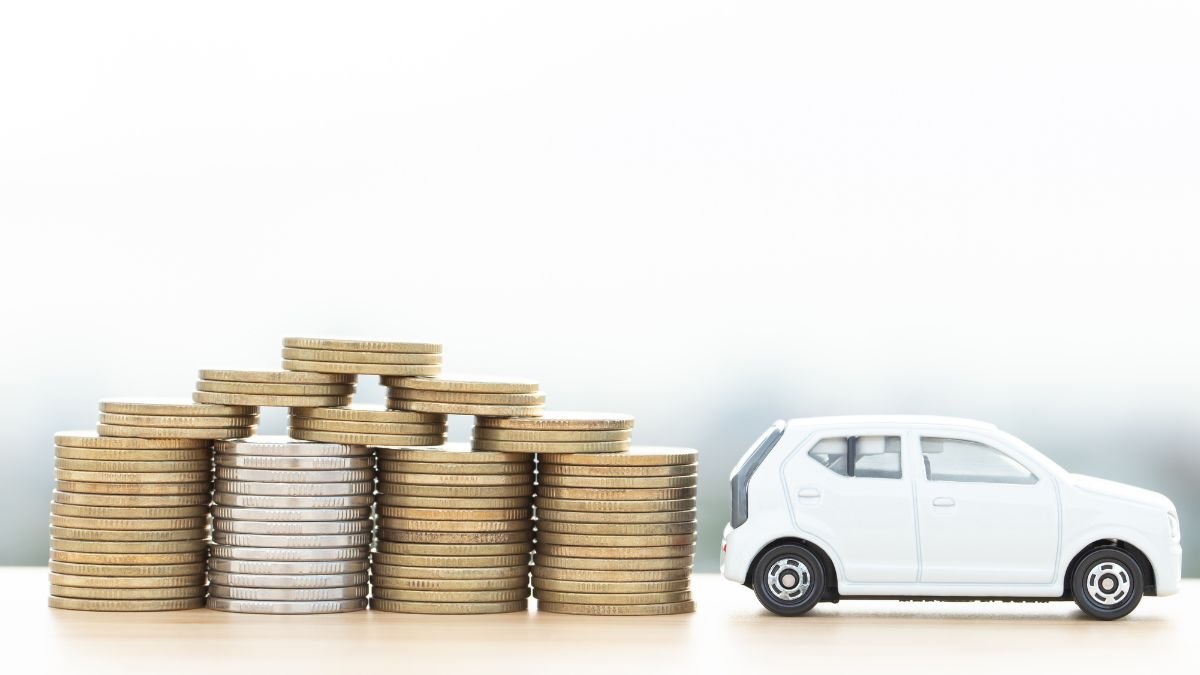 How They Work:
How They Work:
- You borrow a set amount (say $500), but the money is held in a locked savings account.
- You make fixed monthly payments (e.g., $50 for 10 months).
- Each payment is reported to the credit bureaus.
- When you finish, you get the money back — often with a bit of interest earned.
- No Credit Required: They’re made for beginners or those rebuilding credit.
- Positive History: On-time payments build a track record.
- Savings Boost: At the end, you’ll have both better credit and a small savings balance.
- Small Cost: Some lenders charge small fees or interest.
- Commitment Needed: Missing payments hurts your score, defeating the purpose.
Maria takes out a $600 credit-builder loan through her credit union. Over 12 months, she makes $50 monthly payments. Her payments are reported to Experian, Equifax, and TransUnion. By the end of the year, she not only improves her score by 50+ points but also has $600 saved in her account.
Rent & Utility Reporting Services
If you’re already paying rent or utility bills each month, why not get credit for it? Traditionally, these payments don’t count toward your credit history — but now, services allow you to add them.
Rent Reporting:- Services like Experian RentBureau, Rental Kharma, or CreditRentBoost can report your monthly rent to major credit bureaus.
- Benefit: Rent is usually your biggest expense, so adding it builds a strong history.
- Example: Paying $1,000 in rent on time for a year adds 12 positive payments to your file.
- Experian Boost and similar tools let you link accounts like electricity, water, internet, and phone bills.
- Positive payments appear in your credit file, helping thin or new profiles.
- Caution: Only certain bureaus accept these, and missed payments could backfire.
- You’re already paying these bills. Turning them into credit activity is like “free” credit building.
- Ideal for people who don’t want a credit card but still want to show responsibility.
Best Practices to Maintain Good Credit
Once you’ve started building credit, the key is to protect it and let it grow steadily. Many beginners make progress only to slip back because of preventable mistakes. Here’s how to stay on track:1. Always Pay on Time
Your payment history is the #1 factor. Use autopay, reminders, or calendar alerts to make sure you never miss.
2. Start Small and Stay Consistent
Don’t overextend yourself. Whether it’s a secured card, credit-builder loan, or rent reporting, consistent payments matter more than big accounts.
3. Avoid Unnecessary Debt
Credit is not free money. Carrying balances just costs you interest without boosting your score. Treat credit like a tool, not extra income.
4. Monitor Your Credit Reports
Check them for accuracy. Mistakes (like accounts that don’t belong to you) can show up and hurt your score. Dispute them quickly.
5. Upgrade Gradually
After 6–12 months of positive history, consider moving from a secured card to an unsecured card or adding a second credit product. This builds a healthy mix without rushing.

Practical strategies for people with no credit history, including secured cards and alternative options.
Learn More
A popular online platform offering credit-builder loans for beginners.
Learn More
Federal resource explaining credit reports, credit-building, and affordable loan options through credit unions.
Learn More
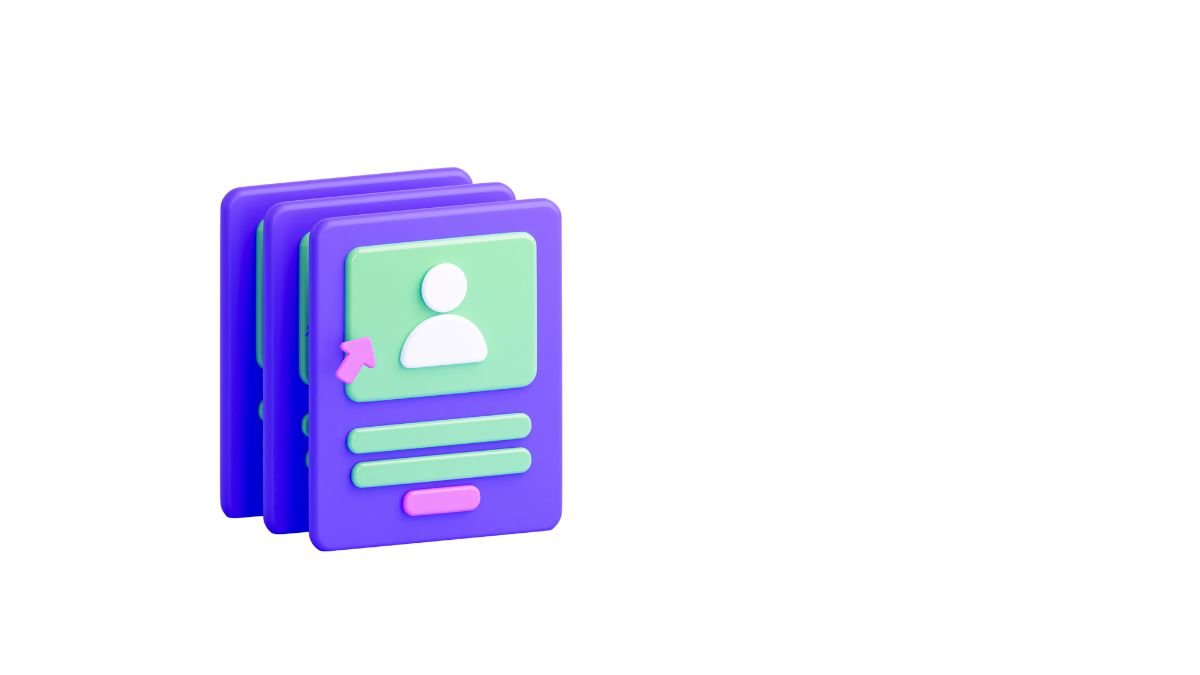 How It Works:
How It Works:
